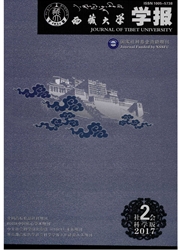

 中文摘要:
中文摘要:
非上市公司希望上市并获得资本运作契机的强烈诉求使得通过反向收购上市的公司越来越多,这与反向收购上市公司业绩表现不佳形成了鲜明对比。文章从盈余质量的角度来对比反向收购途径上市与传统IPO途径上市公司的业绩表现是否存在差异。选取A股市场2003年至2012年上市公司的2007年至2013年的相关数据作为研究样本,使用Heckman两步法控制样本的自选择偏差,以操纵性应计、真实盈余管理和盈余反应系数衡量盈余质量。经实证检验发现,由于反向收购途径的融资成本与融资需求较低,这使得反向收购公司的盈余管理动机弱于IPO公司,故从盈余管理角度,反向收购公司的盈余质量显著高于IPO公司:与此同时,上市途径的差异不会影响市场反应,市场并不能完全识别不同上市途径公司之间的差别。
 英文摘要:
英文摘要:
The strong needs for non - listed companies to go public have prompted a lot of reverse - merger cases. However, those companies usually get poor performance after the reverse merger. This paper compares the earnings quality between IPO corporates (IPOs) and reverse - merger corporates ( RTOs), using the 2007 - 2013 firm - year data from companies that going public from 2003 to 2013, and it also uses Heckman two - stage procedure to control the self - selection bias. Besides, earnings quality in this research is reasonably and comprehensively measured from two perspectives: earnings management and market response, including discretionary accruals, real activities earnings management and earnings response coefficient. Empirical results shows that RTOs have less incentive to earnings management activities, so the earnings quality of RTOs is higher than that of IPOs from earnings management perspective. Furthermore, the way of going public does not affect market response, it is likely that market cannot fully recognize the differences.
 同期刊论文项目
同期刊论文项目
 同项目期刊论文
同项目期刊论文
 期刊信息
期刊信息
